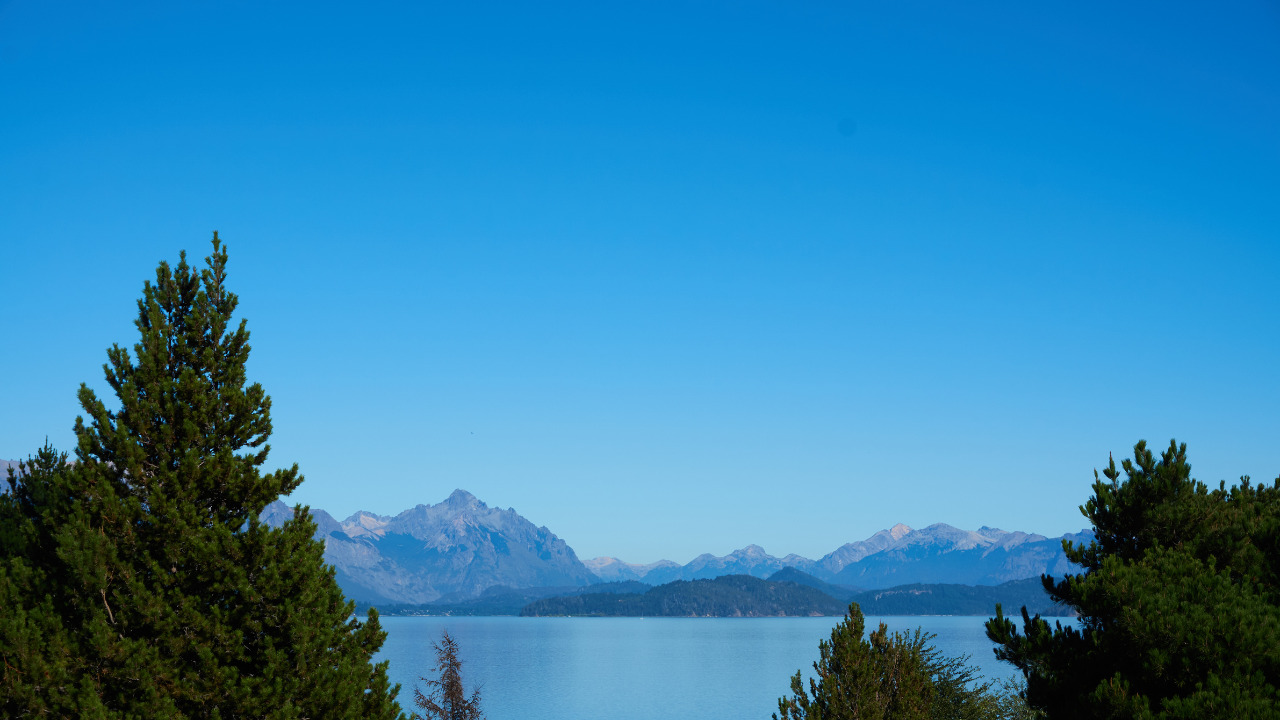Date first published: 25/10/2022
Key sectors: tourism; construction; private property; energy; cargo transport; security forces
Key risks: arson attacks; land occupations; disruptive blockades; civil unrest
Risk development
A significant uptick in indigenous Mapuche-related violence has been observed in the southern provinces of Neuquen and Rio Negro. On 14 October at least two hooded, armed assailants held a guard at gunpoint and burnt heavy machinery at a road construction site in Villa La Angostura, Neuquen. A letter demanding the release of imprisoned activists signed by the Resistencia Ancestral Mapuche (RAM) activist group was found at the scene. Construction companies Conevial and Codi were affected, as was CN Sapag in January 2021 and Hidraco in November 2018.
Arson attacks conducted by armed assailants linked to Mapuche territorial claims are common in neighbouring Chile but were until now rare in Argentina, where land occupations and forced evictions have long been the norm. Attacks against private construction property mark an escalation of the tactics used by Mapuche activists. The incidents have also recently involved direct attacks against the security forces, raising the risk of subsequent security force operations, violent clashes and disruptive unrest including blockades.
Why it matters
The recent string of incidents has arguably contributed to the potential for localised internal conflict, consolidating the growing violence as one of the country’s top security concerns. Indigenous – or alleged indigenous – related conflict has rarely led to violence in Argentina, where risks linked to criminality and disruptive unrest led by unions and social movements have been the long-standing security challenges facing the populace and businesses operating across the country.
Leftist President Alberto Fernandez has met on several occasions with Mapuche activists in an attempt to ease tensions: on 22 April as he launched the tender for the Presidente Nestor Kirchner gas pipeline project – with activists warning that prior consultation was needed and that the project was at risk of facing protests – and on 11 October amid recurrent incidents in Villa Mascardi, Rio Negro province, to promote dialogue. The opposition has long denounced that the government has not done enough – or has even supported the Mapuche-related violence – adding that land occupations and attacks are not linked to legitimate claims but to criminals taking advantage of the situation. Opposition senators have claimed that the latest incidents were no longer ‘pre-insurrectional activity’ but ‘rural guerrilla action.’
Background
Federal forces have already been sent to Rio Negro in light of land occupations, the need for forced evictions, recurrent protests by local residents demanding the violence to end, counter protests by Mapuche supporters demanding the release of those imprisoned and targeted attacks against private property – tourism cabins, chapels and heavy road construction machinery, amongst others.
These deployments and the dialogue attempts have not been sufficient to ease tensions. On 27 September the country’s Security Minister created a unified command in Villa Mascardi including the Gendarmerie (Border Police), the Prefecture (Coast Guard) the Airport Security Police and the Federal Police to operate from Rio Negro’s Bariloche to try to contain the violence. Since then, a total of at least six violent incidents were reported just in Villa Mascardi and Villa La Angostura, including violent clashes and arson attacks.
Risk outlook
Clarity at federal level regarding how to address the escalating violence will remain elusive, particularly ahead of the October 2023 general elections. The political violence-related risks facing the tourism, construction and energy sectors in the southern Neuquen, Rio Negro and Chubut provinces will remain on the rise at least until then – and likely beyond.



